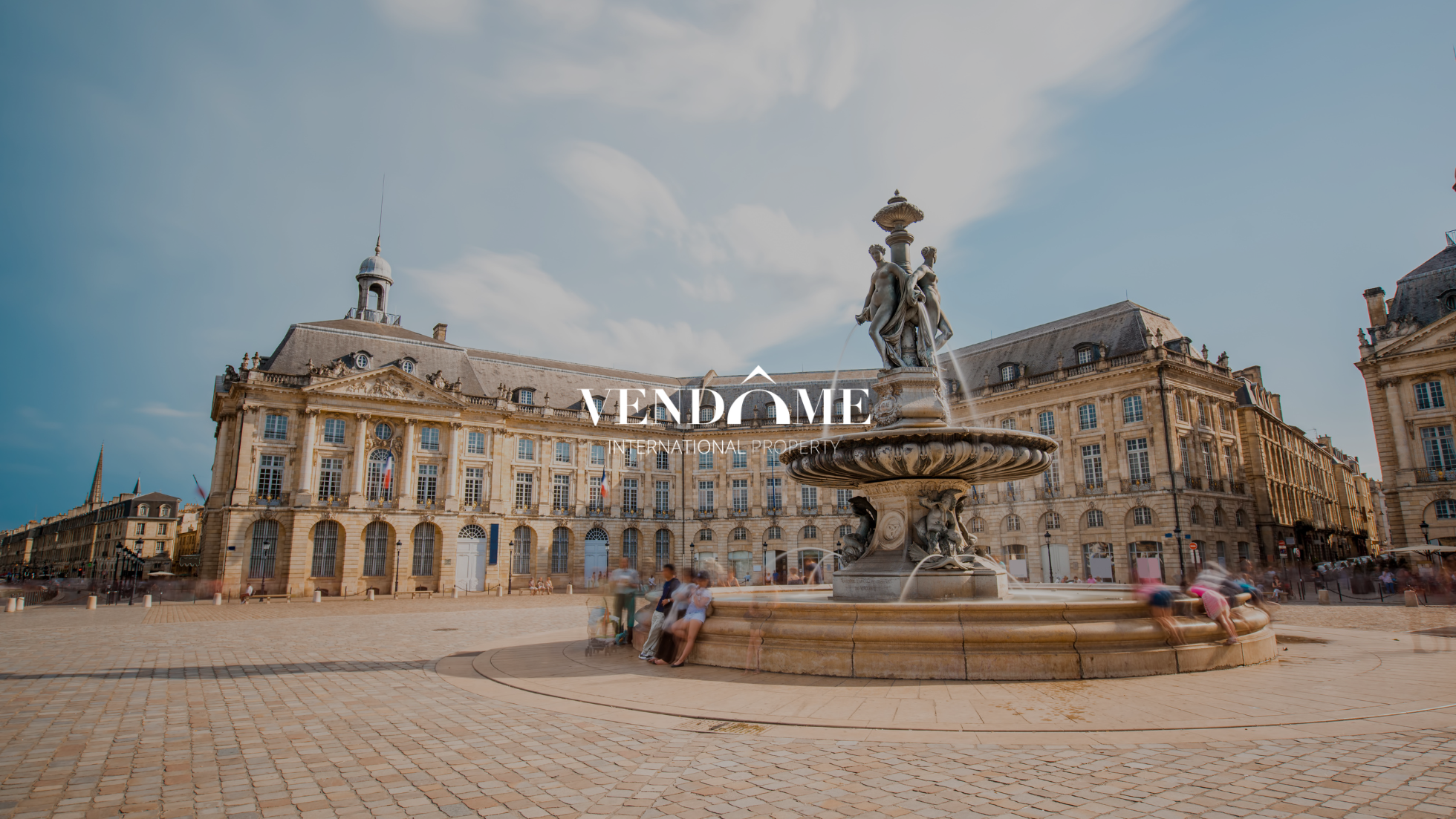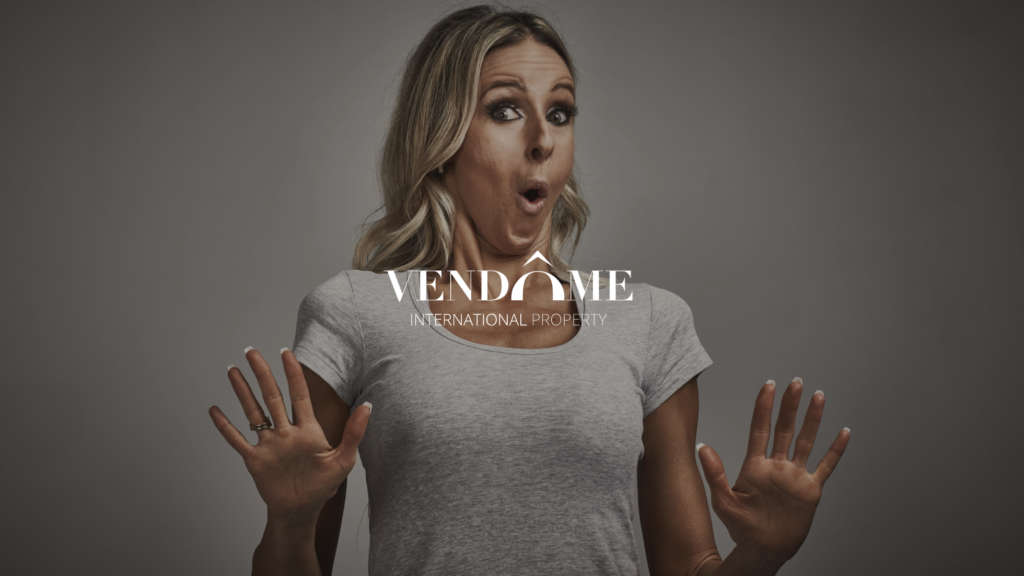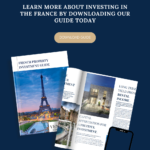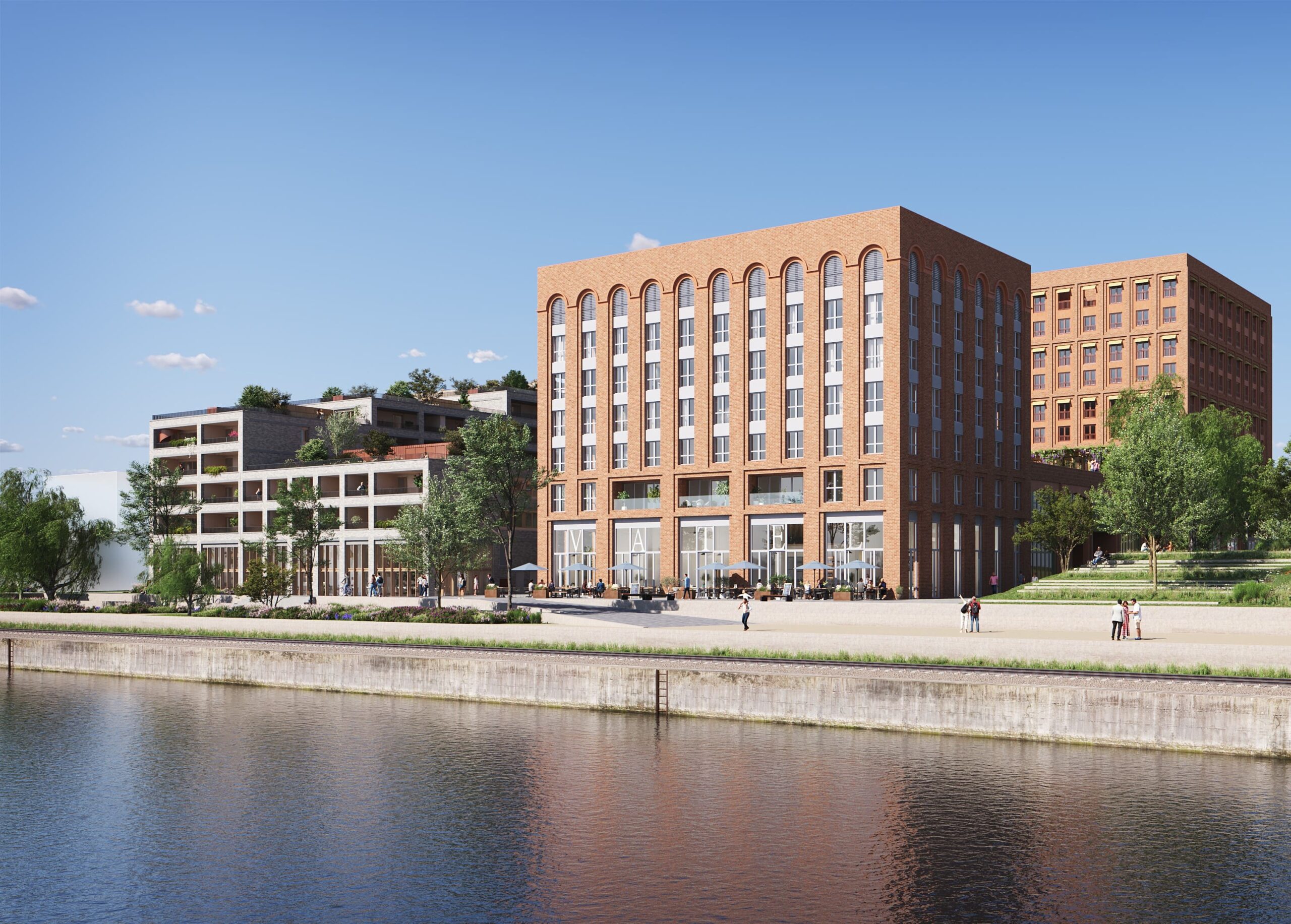What Issues Do Foreigners Face When Buying Property in France?


Introduction
Foreigners buying in France often find the process both exciting and challenging. The allure of France’s rich culture, stunning landscapes, and appealing real estate options draws many international buyers. However, buying in France isn’t without its hurdles. In this blog, we’ll explore some common issues foreign buyers might face and offer guidance on how to navigate them successfully.
Understanding the French Legal System
One of the first challenges foreigners face when buying in France is understanding the French legal system. The process is different from what many international buyers, especially those from the United States or the UK, might be used to. In France, the journey begins with the signing of a compromis de vente, a preliminary sales agreement. This is followed by the acte de vente, the final contract that officially transfers property ownership. Understanding these legal steps is crucial to ensure a smooth purchase process.
Navigating the Tax Implications
Tax implications are another significant concern for foreigners buying in France. One of the major considerations is the capital gains tax, which could impact your investment if you plan to sell the property later. Additionally, if you’re an American citizen, the Foreign Account Tax Compliance Act (FATCA) may apply, potentially complicating your tax obligations. Understanding the tax treaty between your home country and France is essential to managing your responsibilities as a property owner in France.

Residency and Visa Requirements
A common question among foreign buyers is whether buying in France qualifies them for a long-stay visa or residency. While purchasing property in France does not automatically grant you residency, it can be a beneficial factor when applying for a visa, particularly if you plan to live in France part-time or permanently. It’s important to understand the residency requirements and consult with a legal expert to navigate this process
Working with French Real Estate Agents
The role of real estate agents in France can differ from those in other countries. In France, agents often have exclusive agreements with sellers, which means you might need to work with multiple agents to view all available properties. It’s crucial to understand their commission structure and how it affects your overall cost when buying in France. Building a good relationship with your agent can also help you navigate the local market more effectively.
Understanding the French Property Market
The French property market has its own unique dynamics that can be challenging for foreign buyers to fully grasp. Prices can vary significantly depending on the location, and some areas may have more complex regulations, especially those near borders like Switzerland. For example, areas around Lake Geneva, such as Evian-les-Bains, are popular among international buyers due to their proximity to the Swiss border. Understanding these market nuances is vital when buying in France.

Financial Considerations
Securing financing can be more complex for foreigners buying in France than for local buyers. French banks may require a higher down payment from non-resident buyers, and navigating the financial system can be tricky, especially for those unfamiliar with French banking practices. American citizens, in particular, need to consider how French tax laws and IRS regulations might affect their finances when purchasing property in France.
The Importance of Due Diligence
Due diligence is critical when buying in France. This involves thoroughly researching the local market, working with a reputable notary, and ensuring all legal aspects are covered. Whether it’s understanding tax implications, ensuring the property complies with local regulations, or verifying that there are no outstanding issues with the property, thorough research and professional guidance are essential.
Conclusion
Buying property in France can be a rewarding experience, but it comes with its unique set of challenges. By understanding the legal process, tax obligations, and residency requirements, foreign buyers can make informed decisions and enjoy their investment in one of the world’s most beautiful countries. For more guidance on purchasing property in France, visit Vendome Property, your trusted partner in French real estate.
FAQs on Foreigners Buying Property in France
1. Can foreigners buy property in France?
Yes, foreigners can buy property in France without any restrictions. There are no limitations on the nationality of the buyer or the type of property they can purchase.
2. Does buying property in France give you residency?
No, buying property in France does not automatically grant you residency. However, owning property can support your application for a long-stay visa, particularly if you plan to live in France for more than 90 days at a time.
3. What taxes do foreign property owners in France need to pay?
Foreign property owners are subject to the same taxes as French residents, including property tax (taxe foncière) and residence tax (taxe d’habitation). Additionally, if you sell your property, you may be liable for capital gains tax. The specific tax implications can vary based on your country of residence and any applicable tax treaties.
4. Are there any restrictions on financing a property in France as a foreigner?
Foreigners can obtain a mortgage from French banks, but the process can be more challenging compared to local buyers. Lenders may require a higher deposit, often around 20-30% of the property’s value, and may ask for proof of income, assets, and a good credit history.
5. What is the role of a notary in buying property in France?
A notary is a public official responsible for overseeing the legal aspects of property transactions in France. They ensure that the sale complies with French law, handle the transfer of ownership, and collect taxes on behalf of the government. Their role is crucial in ensuring that the purchase is legally binding and that all parties’ rights are protected.
6. What is the compromis de vente?
The compromis de vente is a preliminary sales agreement signed by both the buyer and seller. It outlines the terms and conditions of the sale and is legally binding. There is usually a cooling-off period of 10 days after signing, during which the buyer can withdraw without penalty.
7. Are there any additional costs when buying a property in France?
Yes, in addition to the property’s purchase price, buyers should be prepared for notary fees, registration fees, and taxes, which typically amount to around 7-8% of the property’s value for existing properties and about 2-3% for new properties.
8. Do I need a lawyer to buy property in France?
While it’s not mandatory to hire a lawyer, it is often recommended, especially for foreign buyers. A lawyer can help you navigate the French legal system, review contracts, and ensure that your interests are protected throughout the purchasing process.
9. How does the French property market differ from other countries?
The French property market is stable and well-regulated, with a preference for long-term investments. Property prices vary significantly depending on the region, with popular areas like Paris, the Côte d’Azur, and regions near the Swiss border often commanding higher prices.
10. What is the process for American citizens buying property in France?
American citizens follow the same process as other foreign buyers but need to consider specific tax implications due to the Foreign Account Tax Compliance Act (FATCA). They may also be subject to different financing requirements and should consult with a tax advisor to understand the implications of owning property abroad.




